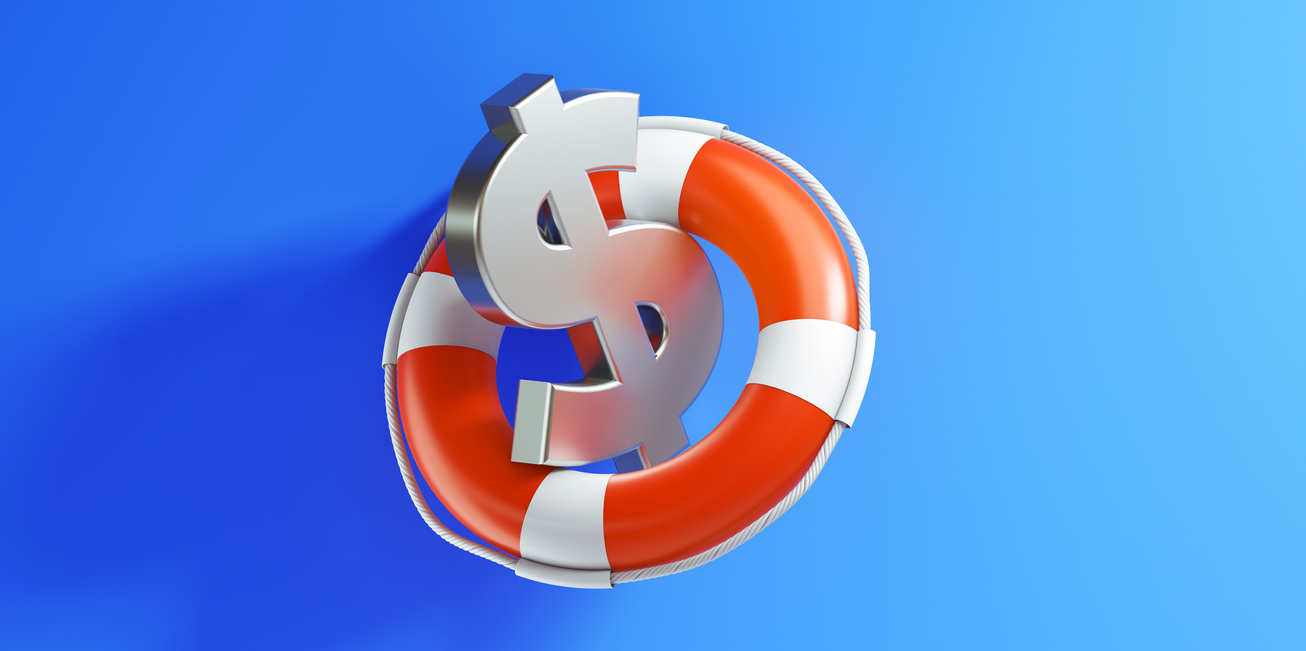An emergency fund can quite literally save your life in extreme cases and provide you with overall financial stability. During uncertain times, having even merely a few hundred dollars in an emergency fund can provide you with the security and help you need. However, for many people the struggle begins with actually getting and maintaining funds into some sort of savings account. Saving isn’t easy; it takes discipline and a lot of planning. But, when the time is taken to strategize a solid system, it becomes habitual. Whether you’re just opening your emergency fund, or rebuilding an already existent one, these 4 tips will help you achieve your financial goals:
1. Track your spending
For many people, mindless spending comes more naturally than diligently monitoring transactions. Taking the time to pinpoint all of your monthly personal and essential expenses can help you see what your money most often goes towards, and in turn can help you determine what expenses can be cut down on or eliminated altogether. There are a variety of ways in which you can track your expenses, whether it’s through a digital spreadsheet, plain old pen and paper or a money savings app. You can see what works best for you by exploring all of these options, or get creative and build your own savings system and instantly feel more in control of your finances.
2. Cut down on expenses, one at a time
Cutting down on your expenses is an essential part of responsibly saving your money, but that doesn’t mean you have to strip yourself of all extra expenses all at once. Rather than dramatically altering your lifestyle and spending habits, you can try letting go of one expense at a time on a weekly or monthly basis. This could mean not eating out for a week, or cancelling subscriptions from multiple streaming services and only keeping one instead. By cutting down on your expenses gradually, you’ll get used to saving and responsibly saving more easily rather than depriving yourself all at once.
3. Create a budget (and stick to it!)
Once you’ve pinpointed your expenses, create a realistic budget that you can follow either on a weekly or monthly basis. Even if you don’t always strictly follow this budget, having the existing structure will help you be more wary of your spending and get you in the habit of spending less overall. Along with aforementioned money savings apps, a lot of online banking apps have creative financial tools that can help you with creating a budget. Ultimately, being able to budget the amount of money you do spend will allow you to budget the amount of money you want to save.
4. Set up automatic contributions
When you feel like you’re at a point where you have a solid savings plan and a realistic budget in place, setting up automatic deposits from your paychecks into your emergency fund could take a lot of stress off from you. Having a percentage of your paycheck that is automatically deposited into your savings account means that the money you intend to spend will already be at your disposal, while the rest will be put away. Most banks offer direct deposit programs which allow you to decide what percentage of your paychecks you want going into any existing accounts you might have, including an emergency fund.
If you’re ready to start saving or rebuilding your emergency fund, contact Mechanics Cooperative Bank today!
{{cta(‘36364d8b-197e-4597-b02e-ce165efcf9d5′,’justifycenter’)}}





